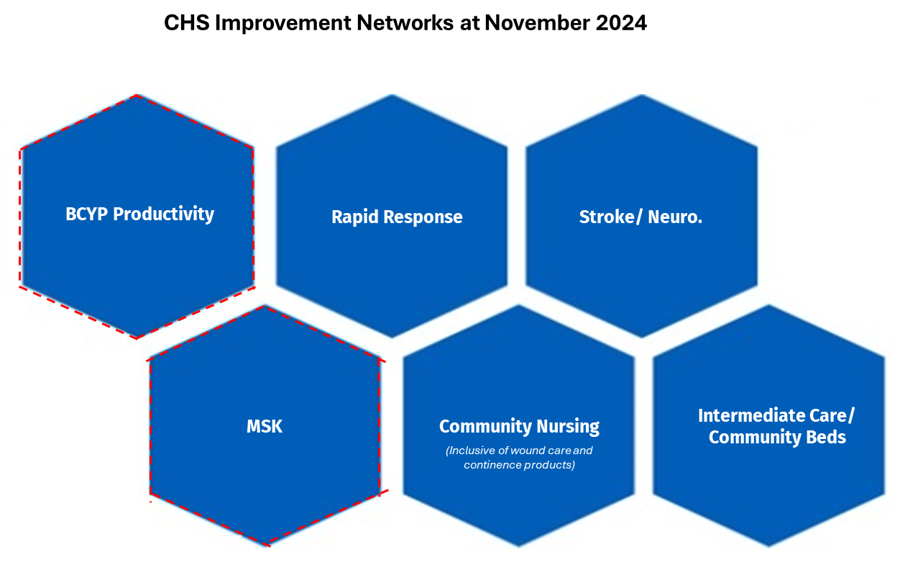
North East London (NEL) Community Services Collaborative
North East London (NEL) Community Services Collaborative
The NEL Community Collaborative involves more than 50 local providers of community services including NELFT, ELFT, Homerton Healthcare NHS Foundation Trust, Barts Health NHS Trust and a wide range of local authority and voluntary sector organisations.
The NEL Community Collaborative has been established to deliver better patient experience ensuring residents receive integrated health and support in right place, right time. The Collaborative will improve access, waiting times and outcomes, through co-production and pathway redesign with users and carers. Using digital and population health management will enable better integration across services, improve outcomes and get value for residents. There will also be an opportunity to significantly reduce unnecessary acute hospital admissions, wait times and access issues.
We are also developing improvement networks covering these areas and led by clinicians, involving experts by experience:
- Rapid Response Improvement Network
- Falls Improvement Network
- Babies, Children and Young People Improvement Network
- Community Nursing Improvement Network (Q1 2024/25)
For further information on the NEL Community Collarborative, please contact Alan Lappin by email: a.lappin@nhs.net
Vision and mission of the NEL Community Services Collaborative
What is the strategic purpose and objectives of the CHS/Community Collaborative portfolio for residents of North East London (NEL) and to what extent does it align with local Place priorities, system focus and national priorities?
Vision
- Develop a consistent community services offer across NEL
- Improve population health and healthcare working closely with residents (voice)
- Supporting neighbourhoods and PLACES to enable people to stay well and independent for as long as possible, wherever they call home
- Tackling unequal outcomes and access to community services, across NEL
- Creating wider health value by unlocking system productivity gains
Mission
- Use evidence to understand the totality of services, outcomes and resources across NEL, identifying opportunities for improved outcomes
- Agree and implement a consistent community services offer with equal access for all NEL residents
- Create and facilitate collaborative partnerships with local authorities, primary care, health providers and the independent , voluntary and charitable sector to reduce inequalities
- Co-develop and design service pathways with residents and their carers based on high quality outcomes
- Support wider acute system pressures through most effective investment into community services
- Use Improvement networks to develop whole system pathway change through a Quality Improvement lense to ensure a better experience for NEL residents
Purpose and objectives

Improving access, waiting times and outcomes, through coproduction and pathway redesign with users and carers.

Using digital and PHM to enable better interoperability across services, improve outcomes and get value for residents.

Delivering better patient experience, ensuring residents receive itnegrated health and support in the right place, at the right time.

Opportunity to significantly reduce unnecessary admissions, wait times and access issues.

Improvement Networks
Recognising the significance of continuous improvement within our healthcare system, we have launched a series of improvement networks, serving as key enablers to delivering our vision for community health services across NEL.
By embracing quality improvement tools and techniques grounded in IHI methodology and aligned with the NHS change model, our networks are dedicated to fostering a culture of collaboration and innovation aimed at improving patient care, outcomes, and experiences.
Through the mobilisation of our improvement networks, we aim to harness the collective expertise, experience, and resources of diverse stakeholder groups, including clinical staff, service users, carers, and system partners, thereby accelerating the pace of improvement and innovation. This approach not only allows us to achieve tangible outcomes but also ensures the sustainability and scalability of our initiatives over time.
